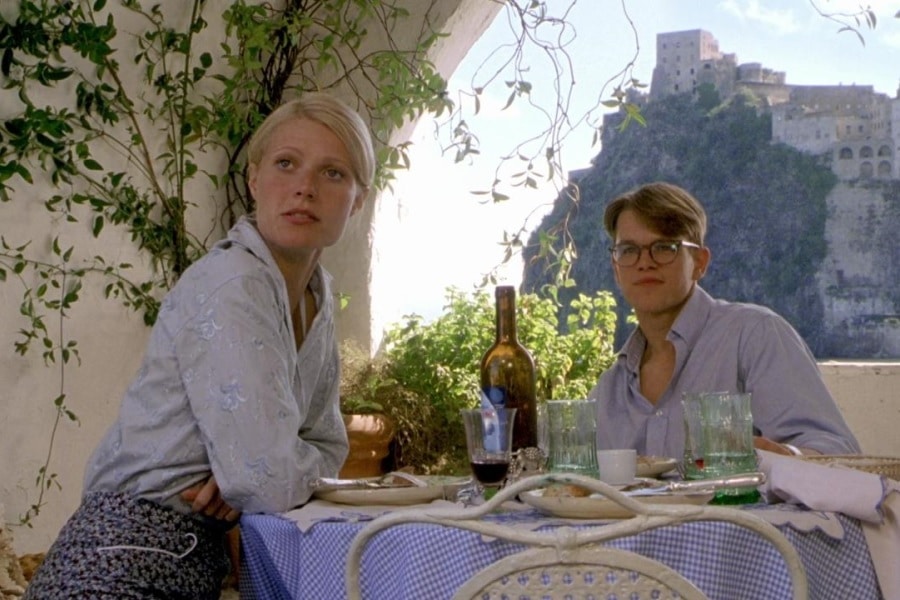
What is Psychological Suspense?
There’s a specific tension that arises when one delves into the intricacies of the human mind. This very tension births a genre that has captivated readers and viewers alike for decades – psychological suspense. It’s a dance of intellect, emotion, and the unpredictability of the human psyche, unraveling in riveting tales that keep the audience guessing till the very end.
So, what’s the deal with psychological suspense? It’s all about an intricate narrative that dives deep into the characters’ minds. Instead of just focusing on external events, it shifts the spotlight to internal conflicts, unraveling motivations, and the often disturbing depths of human nature. It’s like taking a journey into the darkest corners of the psyche, exploring the blurred lines between reality and perception.
But wait, aren’t most stories about internal and external conflicts? Here lies the twist: while other genres like thrillers and mysteries often hang their hats on tangible threats, tight pacing, or the classic ‘whodunnit’ element, psychological suspense hones in on the cerebral aspect. It’s less about a car chase and more about the reason behind the chase. Less about discovering the identity of the killer, and more about understanding what drives someone to such extremes.
In a thriller, the heart races as the hero defuses a bomb. In a mystery, the intellect is challenged to piece together the puzzle. But in psychological suspense, the soul quivers as it confronts the shadows of its own nature.
Take, for example, Patricia Highsmith’s renowned novel, “The Talented Mr. Ripley.” On the surface, it’s a tale about a young man named Tom Ripley sent to Italy to retrieve a wealthy shipbuilder’s vagabond son. Yet, beneath this veneer, it’s a meticulous examination of identity, deception, and the unsettling lengths one might go to for the sake of ambition and envy.
Then there’s Alfred Hitchcock, the master of suspense, who dabbled extensively in this genre. His film “Vertigo” isn’t just about a retired detective hired to follow the wife of an acquaintance. It’s a labyrinthine exploration of obsession, love, and the treacherous terrains of personal demons. The San Francisco backdrop with its towering heights and spiraling roads serves not just as a locale but as a metaphor for the dizzying uncertainties of the mind.
On the television front, series like “Sharp Objects” adapted from Gillian Flynn’s novel (not “Gone Girl”, which everyone always jumps to), showcase the complexity of psychological suspense. The story isn’t simply about a journalist returning to her hometown to cover the murder of two young girls. It delves into the scars of the past, family dynamics, and the poisonous nature of hidden traumas.
There are countless other tales that weave their narratives into this intricate tapestry of psychological suspense, each offering a unique dive into the human psyche’s recesses. “Black Swan”, the movie, isn’t just about ballet; it’s a haunting journey into ambition, rivalry, and the dangerous duality of self. Shirley Jackson’s “We Have Always Lived in the Castle” is less about the mysterious deaths of a family and more about isolation, societal judgment, and the fragile constructs of sanity.
What makes psychological suspense such a compelling genre is its fearless exploration of the soul’s vulnerabilities. It’s not about the monster under the bed or the ghost in the attic. It’s about the monsters and ghosts that lurk within us, waiting for a crack in the veneer to manifest. It taps into universal fears and uncertainties, making us question our own beliefs, memories, and perceptions.
By walking this tightrope between reality and illusion, psychological suspense invites its audience to confront their own shadows, to ask themselves what they might do in the protagonist’s shoes. It’s a genre that doesn’t just entertain but also introspects, challenging the very fabric of what we consider to be real and imagined.
To dive into psychological suspense is to embark on a journey that might not always be comfortable but is always enlightening. It holds up a mirror to humanity, reflecting not just our faces but the intricate, often tumultuous, workings of our minds. Whether it’s through books, films, or television, this genre beckons with a promise: to not only tell a story but to unravel the very essence of what makes us human.
More Psychological Suspense Features
Labyrinth of the mind
Intricate mind games and compelling narratives
The Dark Side of the Mind
The darkest corners of the mind are not just settings but essential characters
Psychological Suspense
Stories we tell ourselves, about ourselves



